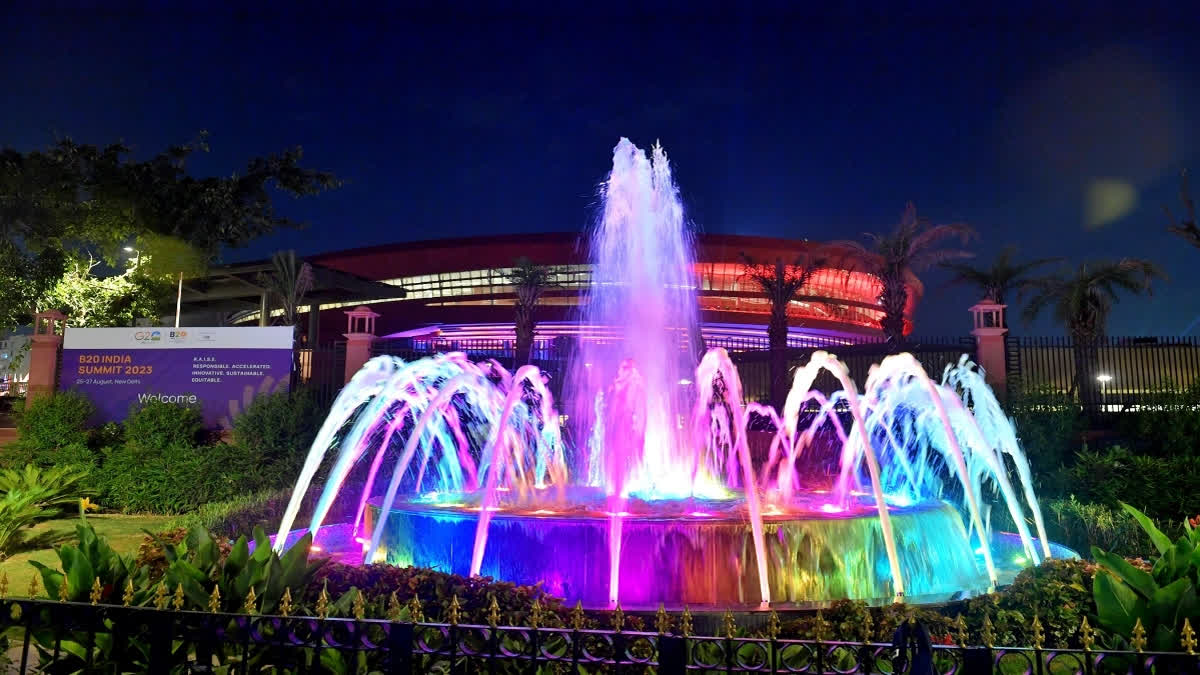New Delhi: With Bangladesh being the only South Asian country to be included in the guest list of India’s G20 Summit on September 9-10, New Delhi has made it clear the priority it attaches to its Act East Policy with the Northeast as the centrepiece. The other eight guest nations invited are Egypt, Mauritius, Netherlands, Nigeria, Oman, Singapore, Spain and the United Arab Emirates (UAE).
India sees Bangladesh as the key country in its neighbourhood for connectivity and development of the Northeast under the Act East Policy and the Neighbourhood First Policy and for counter-balancing China’s influence in the region. For New Delhi, the Northeast is the springboard to the prosperous Southeast Asian nations. And Bangladesh plays a key role here in terms of connectivity.
Prime Minister Narendra Modi will open the Maitri Setu over river Feni along the Tripura-Bangladesh border for passenger traffic during his Bangladeshi counterpart Sheikh Hasina’s visit to New Delhi next month for the G20 Summit. The bridge, when opened, will give direct access from Tripura’s southernmost tip to Chittagong port in Bangladesh which is just 80 km away. This will lead to enhanced connectivity to India’s northeastern region which will then serve as the gateway to Southeast Asia. This will also substantially bring down the freight transportation costs between the Northeast and the rest of India compared to what is being incurred through the Siliguri Corridor, popularly known as Chicken’s Neck, today.
Another major development has been the development of the Matarbari port in Bangladesh with Japanese aid. This is the first deep sea port and the fourth seaport in Bangladesh after Chittagong, Mongla and Payra. With India and Japan being close friends and part of the Quad that also includes the US and Australia, observers say that it is part of a strategy to counter China’s hegemony in the Indo-Pacific region, which spreads from the east coast of Japan to the east coast of Africa.
Also read: Explained: Why a new sea port in Bangladesh is of strategic interest for India
“The understanding between India, Bangladesh, and Japan, along with Japan's announcement of a multi-billion-dollar infrastructure investment under BIG-B (The Bay of Bengal Industrial Growth Belt) is the game-changer for this region,” Shahadat Hossain, research scholar in the Department of International Relations of South Asian University, New Delhi, told ETV Bharat. “When the Matarbari deep sea port becomes operational, India’s northeastern region will experience rapid development and enhanced facilities through the connectivity initiatives of these three nations.”
Hossain, who hails from Bangladesh, said that this initiative will not only benefit the northeastern region of India but also lead to increased investment from India in the special economic zones in Bangladesh.
